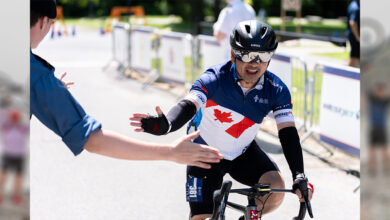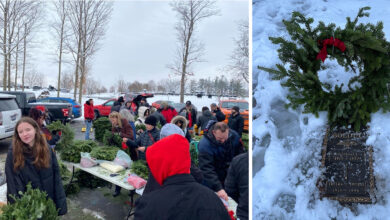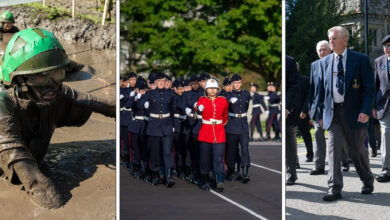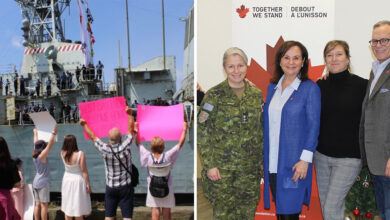Events
Former Supreme Court judge speaks on sexual harassment and violence within the CAF
On May 28, 2018, former Supreme Court judge, Marie Deschamps, spoke before the Senate Committee on National Security and Defence to speak about Canada’s national security and defence policies, practices, circumstances and capabilities. Specifically, regarding the topic of sexual harassment and violence within the Canadian Armed Forces (CAF).
In 2015, Deschamps worked with victims in the CAF and compiled her research to create a report to outline the creation of a Sexual Misconduct Reporting Centre (SMRC). The report discussed the responsibilities of the SMRC and definitions of types of assault and harassment.
In the last three years, Deschamps said the CAF took very few of her suggestions in what changes should be made to their harassment and violence policy.
“In my report, I had highlighted deficiencies in armed forces policies. A number of policies are more difficult to change. However, others, in my opinion, would be easy to change,” said Deschamps. “It does not cover a number of situations that should be covered.”
She brought forth one example where a group of female CAF members walked into a meeting room, and there were crude and demeaning remarks left on a whiteboard. The women were offended by the remarks left behind, however, because no woman in particular had been targeted, the women were unable to file a complaint.
“Many other armed forces around the world cover such a situation with regards to a hostile environment, it would take very little change to cover this. There are many other examples I covered in my report,” said Deschamps.
She continued by saying that adding such a change to the policy would be simple and almost “cosmetic.”
“In my opinion, in the past three years, more could’ve been done. Some simple changes could’ve been made,” said Deschamps. “So, when the upper echelons don’t even have the tools to correct such a situation, it is very difficult for us to figure how we can change the culture if we cannot even begin to sanction situations that three years ago seemed to me to be rather easy to rectify.”
In addition to the policy changes, Deschamps mentioned that the SMRC currently in operation doesn’t even begin to emulate the centre she had outlined in her report.
“There are a number of functions that I described, and from the very beginning I gave directives from a to z, that goes from the creation of the centre to the sanctions that will be handed down which takes into account victims’ will,” she said.
Deschamps’ report also took into account the drafting of policies, preventative measures and training. As far as Deschamps understood, the strategic response team set in the beginning were to serve as a stop gap until the centre had been created, at which time responsibilities would be slowly handed off to the SMRC.
“I don’t know if one day that will be the case. What I do know however is that the centre is a support centre for the victims,” she said. “I do not want to diminish the centre’s role as a support centre, however, in my opinion, if the centre were to have a broader scope it would promote supporting victims, it would foster filing complaints.”
Deschamps feels that the centre currently in place has very few responsibilities, preventing it from moving as far as she had hoped. She believes the SMRC needs to be one central point where victims are able to bring their allegations are brought.
“My first recommendation or the first place I would start is to grant the centre the authority to receive the report by the members,” she added. “Without this initial information, the centre cannot have a comprehensive view of what is going on in the Canadian Armed Forces.”
This doesn’t mean victims will no longer be able to report through their chain of command, but the information also needs to be relayed back to the SMRC. The victims may also choose to report the incident to other authorities, but again, the information still needs to be relayed back to the SMRC. Deschamps added that the centre needs to be given the responsibility to collect all necessary information.
“That’s the first element to follow up on accountability, to follow up on what is done within the Canadian Armed Forces with those results,” said Deschamps. “It starts with reporting, they need to know who is reporting, they need to be entitled to receive the report, so they need to be one central focus point for the report.”










